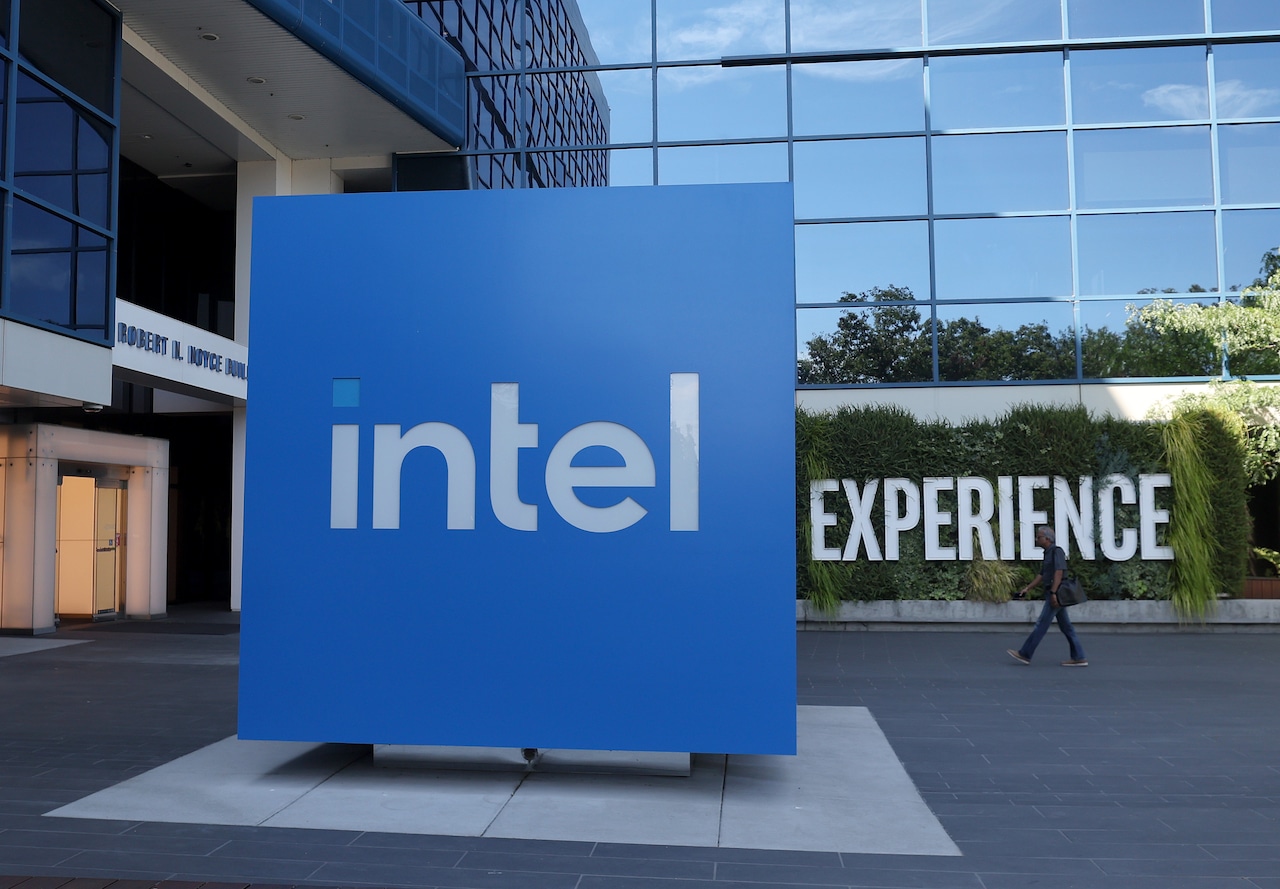Chip Giant Intel Offloads Altera: A Strategic Pivot in Programmable Technology
Business
2025-04-14 13:36:55Content

In a strategic financial move that reflects the changing landscape of the semiconductor industry, Intel's recent transaction with Altera comes at a significantly reduced valuation compared to its previous acquisition. The current deal values Altera at $8.75 billion, which starkly contrasts with the hefty $16.7 billion price tag Intel paid for the company back in 2015.
This substantial markdown in valuation highlights the dynamic and often unpredictable nature of tech industry investments. While the reasons behind the reduced valuation are complex, it underscores the evolving market conditions and potential shifts in the strategic importance of specialized chip technologies.
The deal serves as a compelling reminder of how quickly technology and market perceptions can change, with company valuations fluctuating dramatically in response to broader industry trends and technological advancements.
Intel's Strategic Divestment: Altera's Valuation Rollercoaster Unveiled
In the dynamic landscape of technological mergers and acquisitions, Intel's recent financial maneuver surrounding Altera represents a fascinating narrative of corporate strategy, market volatility, and strategic repositioning that sends ripples through the semiconductor industry.Navigating the Complex Terrain of Tech Valuations
The Historical Context of Intel-Altera Relationship
Intel's journey with Altera is a complex tapestry of strategic investments and calculated financial decisions. When Intel originally acquired Altera in 2015 for an astronomical sum, the technology world watched with intense curiosity. The initial acquisition represented a bold move in the competitive semiconductor marketplace, signaling Intel's aggressive expansion strategy. The astronomical price tag of the original acquisition reflected the immense potential Intel saw in Altera's programmable logic technology. Programmable chips represent a critical innovation in computing infrastructure, offering unprecedented flexibility in hardware design and implementation across multiple technological domains.Valuation Dynamics and Market Transformation
The current valuation of Altera at $8.75 billion—approximately half of the original 2015 purchase price—reveals a nuanced story of technological evolution and market recalibration. This significant reduction isn't merely a financial footnote but a profound statement about the rapidly changing technological landscape. Market analysts suggest that the reduced valuation stems from multiple interconnected factors. The semiconductor industry has experienced unprecedented volatility, with emerging technologies constantly reshaping competitive dynamics. Programmable chip technologies, while revolutionary, have faced increasing competition and technological disruption.Strategic Implications for Technological Innovation
Intel's current positioning with Altera demonstrates the company's sophisticated approach to technological asset management. By reassessing the value of its previous major acquisition, Intel signals a commitment to dynamic strategic thinking that goes beyond static financial metrics. The reduced valuation doesn't necessarily indicate a diminishment of Altera's technological prowess. Instead, it reflects the complex interplay of market forces, technological innovation, and strategic repositioning that characterize the modern tech ecosystem. Programmable logic technologies continue to be critical in emerging fields like artificial intelligence, edge computing, and advanced telecommunications infrastructure.Future Outlook and Industry Implications
The Altera valuation narrative offers profound insights into the semiconductor industry's ongoing transformation. As technologies evolve at unprecedented rates, traditional valuation models are being continuously challenged and reimagined. For technology investors and industry observers, this development underscores the importance of adaptability and strategic flexibility. The ability to reassess and recalibrate technological investments becomes as crucial as the initial investment itself. Intel's approach demonstrates a sophisticated understanding of this complex technological and financial ecosystem.Technological and Financial Convergence
The Altera story is more than a simple financial transaction—it's a microcosm of broader technological trends. As computational requirements become increasingly complex and specialized, the value of flexible, programmable technologies becomes paramount. Intel's strategic moves with Altera reflect a broader trend of technological companies continuously reevaluating their asset portfolios. The semiconductor industry demands constant innovation, strategic repositioning, and a willingness to adapt to rapidly changing technological landscapes.RELATED NEWS
Business

Navigating the Gray Areas: How Smart Travel Policies Cut Through Corporate Trip Confusion
2025-04-29 01:12:43
Business

Trade Tensions Unraveled: Trump's Tariff Timeout Sparks Industry Speculation
2025-04-09 18:04:55






